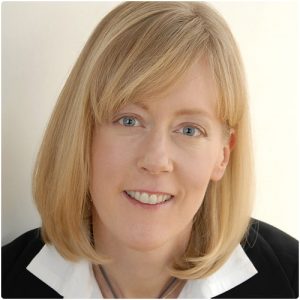

Bakker completed her undergraduate studies at McMaster University in Hamilton, and was awarded a Rhodes scholarship to study at the University of Oxford in England. She later completed her doctorate and a post-doctoral fellowship before taking on her current position as a geography professor at UBC in 2002.
She is also the founder and director of the Program of Water Governance at UBC, which examines issues ranging from water security to water in developing countries to water privatization. After witnessing the impact that academic research and policy focused on water governance could have through her work at the Water Research Centre at Oxford, she was eager to start a similar initiative at UBC.
“Most of the key issues on water are actually on the governance and management side, but there is relatively little attention paid to that in Canada,” said Bakker. “There was a real gap here at home, and I felt very strongly about that.”
The biggest domestic water-related issue, Bakker said, is that water availability in Canada is more limited than commonly perceived. With only 7% of the world’s annual renewable fresh water, mostly located far away from communities, water shortages have become the norm in regions such as the Okanagan and the Prairies.
“Canadians in some parts of the country have to begin thinking about themselves as being water-scarce, and that implies a very different way of using water by most companies and individuals in their homes,” said Bakker.
Her research has also become instrumental in shaping discussion about water policy in Canada. One of her earlier works, Eau Canada, attracted attention from the Gordon Foundation, which sent a copy to each Member of Parliament at that time.
“It got quite widely read, and at one point former Liberal Party leader Stephane Dion said that it was one of his favourite books!” said Bakker.
Outside of Canada, Bakker continues to examine water needs in urban areas in developing countries. Her most recent book, Privatizing Water, details ten years of work in Europe, North America, Latin America, Southern Africa, and South-east Asia and adds to the international debate on how and whether private companies should be managing water.
For aspiring students hoping to join in the discussion on water governance, Bakker teaches GEOG 412, a course on water management in Canada and internationally. She also recommends organizations such as the Canadian Water Resources Association, Water Bucket, and Waterlution, which all provide youth with avenues to discuss innovative solutions to water issues around the world.


